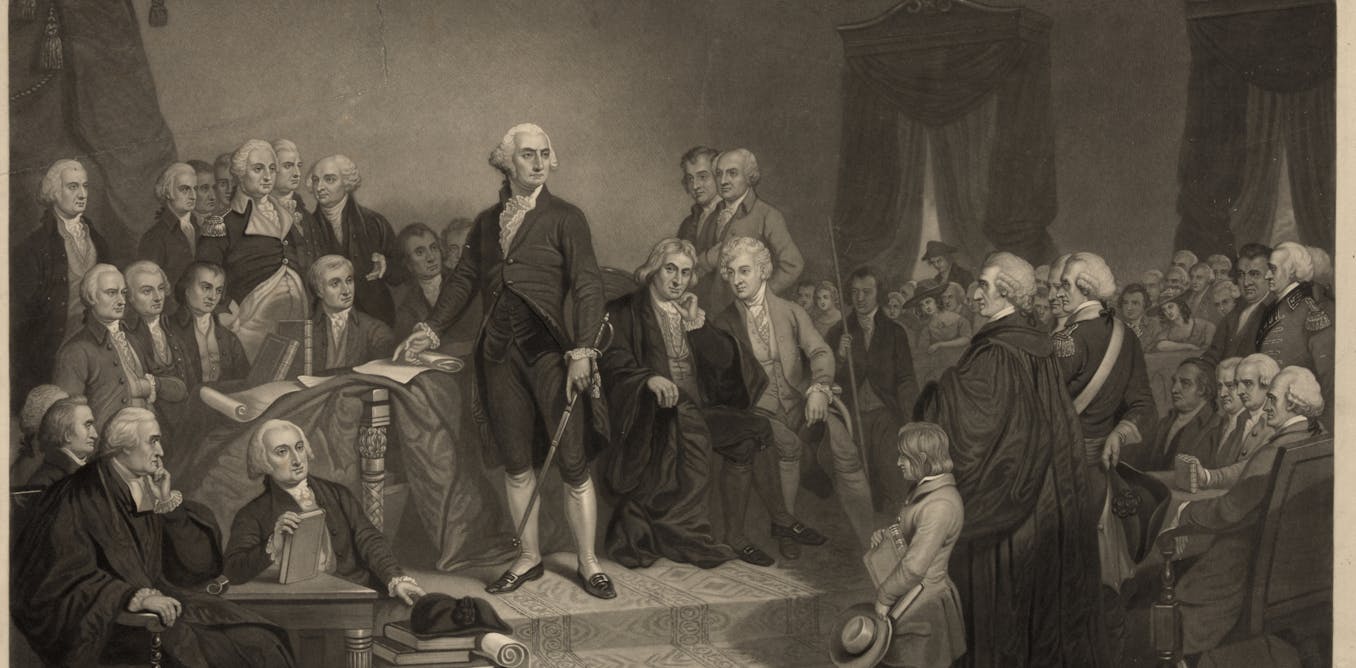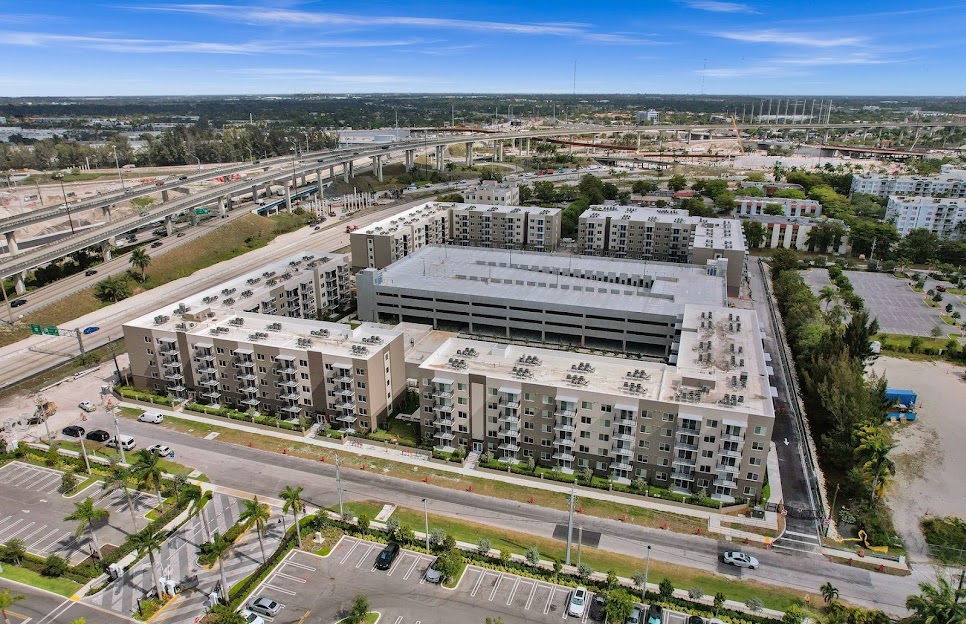D
onald Trump's promise to run the federal government like a business has been fulfilled, albeit in an unconventional way. Upon retaking office, he appointed tech billionaire Elon Musk to lead the Department of Government Efficiency (DOGE), which has since fired or laid off tens of thousands of federal workers and claimed to have discovered large sums of wasted tax dollars. However, even DOGE's most optimistic estimates of savings amount to less than 1% of the nation's annual spending.
Before Trump and his advisors continue down this path, they might consider a different example: that of George Washington, the first businessman-turned-president. Like Trump, Washington was a successful entrepreneur with extensive real estate holdings and investments in transportation projects. However, he also understood the limitations of presidential power and the importance of working with Congress.
In a letter to English historian Catharine Macaulay, Washington reflected on the difference between being a business owner and president. He noted that his powers were limited by the Constitution's checks and balances, which required him to work with Congress through "prudence, conciliation, and firmness." This was particularly evident in the early years of his presidency, when Congress asserted its authority over presidential appointments and the national debt.
Washington's experience set a precedent for future presidents, including Franklin D. Roosevelt, who was rebuked by the Supreme Court for attempting to fire a member of the Federal Trade Commission without cause. The court ruled that even an all-powerful president must respect the Constitution's limits on executive power.
Unlike Trump, Washington did not resist Congress's authority or try to consolidate power in the executive branch. Instead, he recognized that working with Congress was essential to creating a truly efficient government, one where each branch carried out its defined powers and the system of checks and balances functioned as intended.















